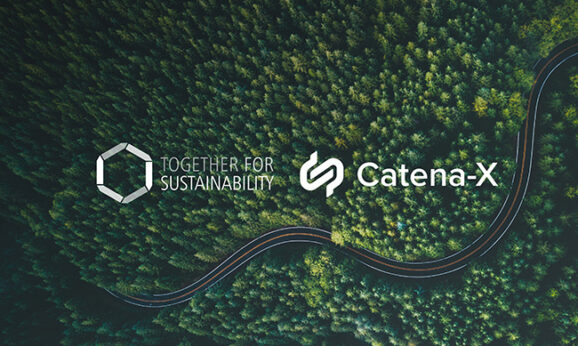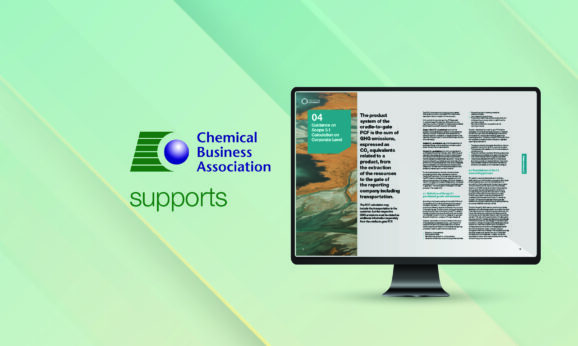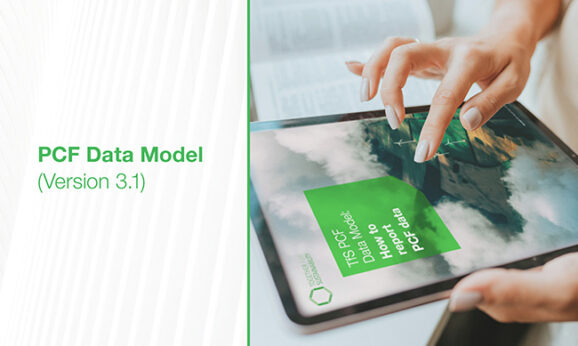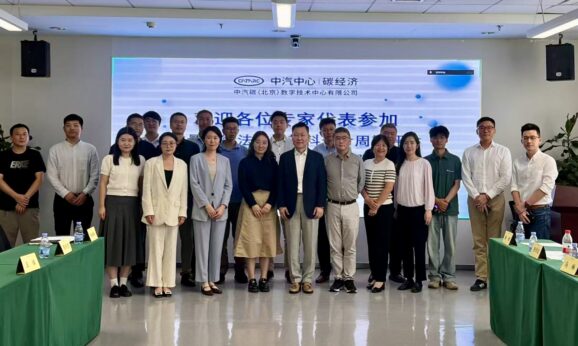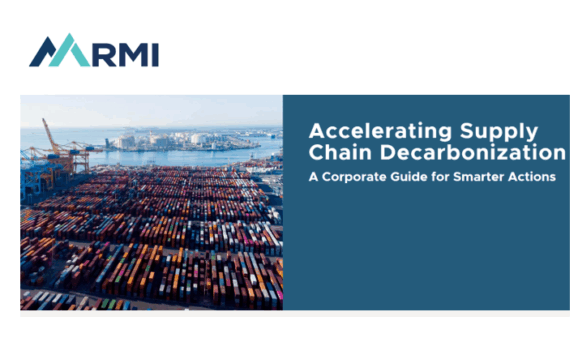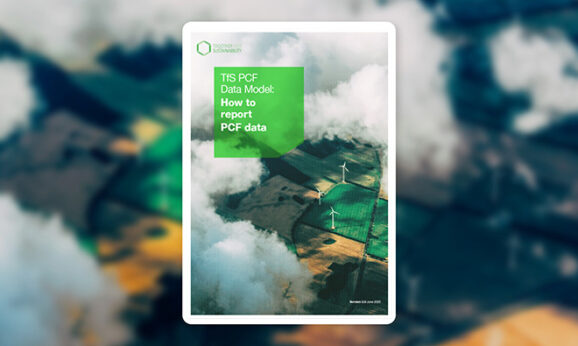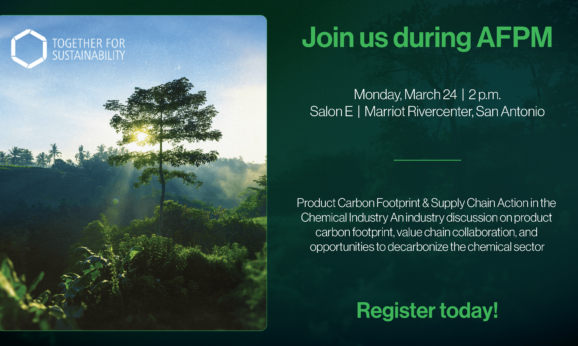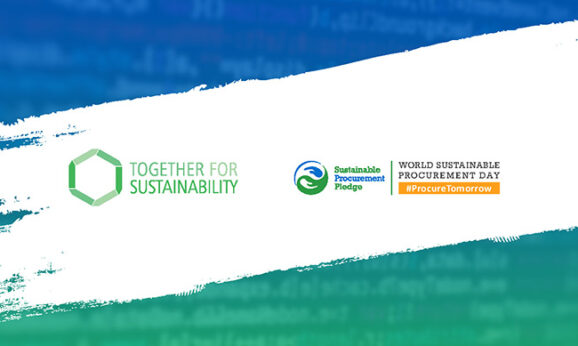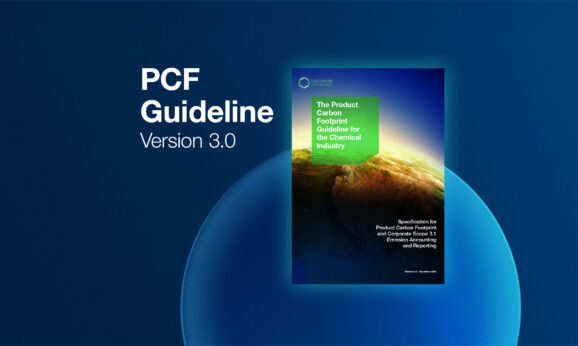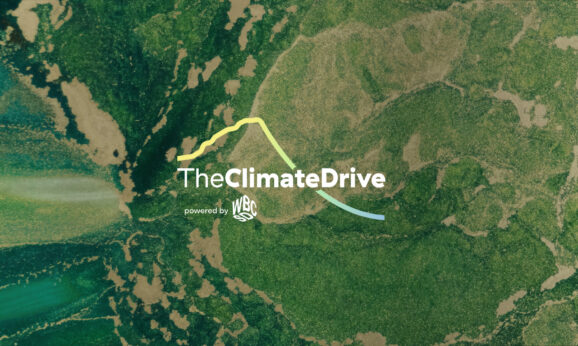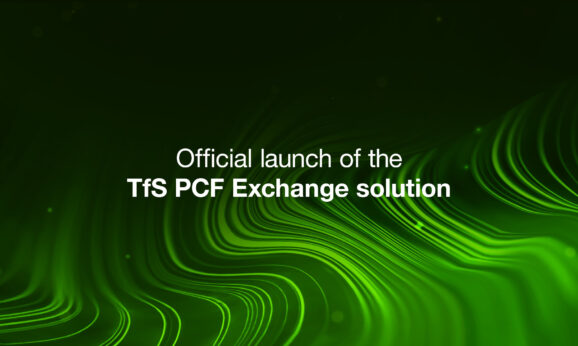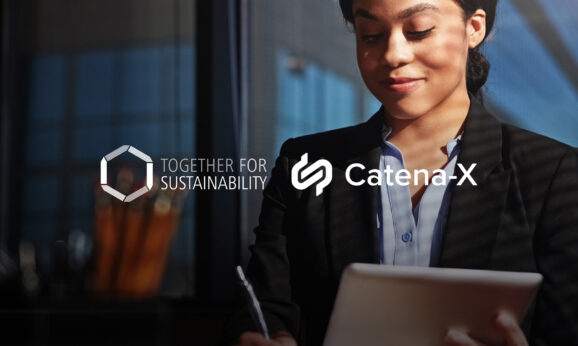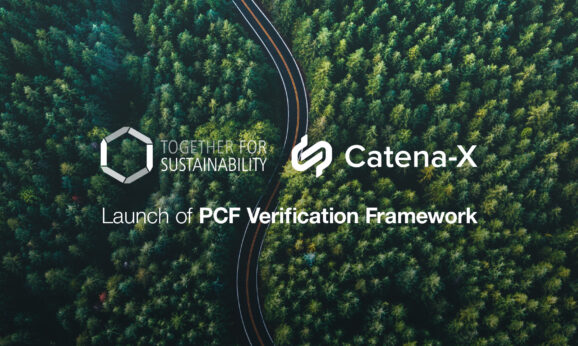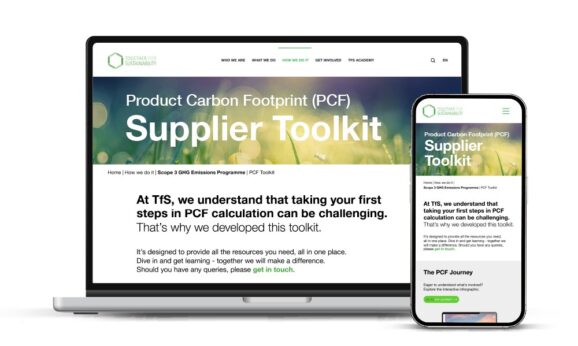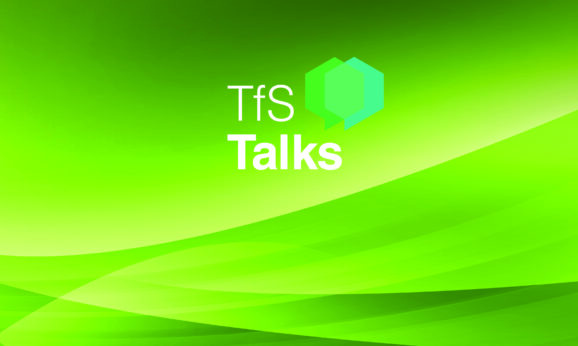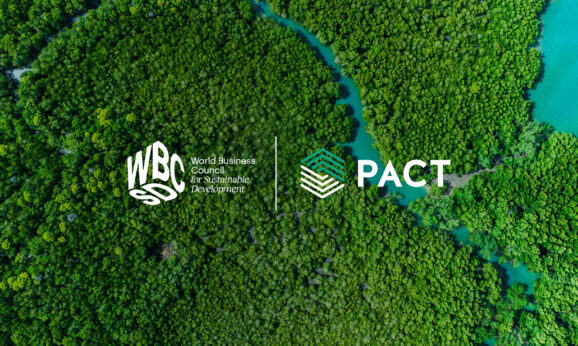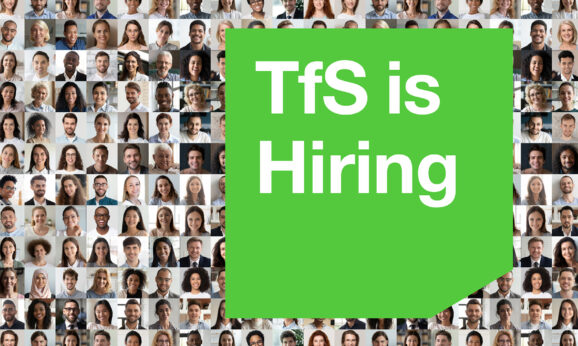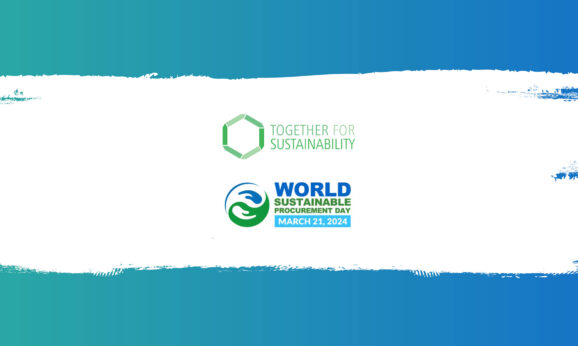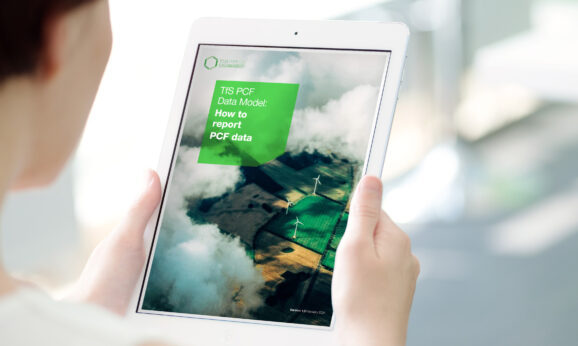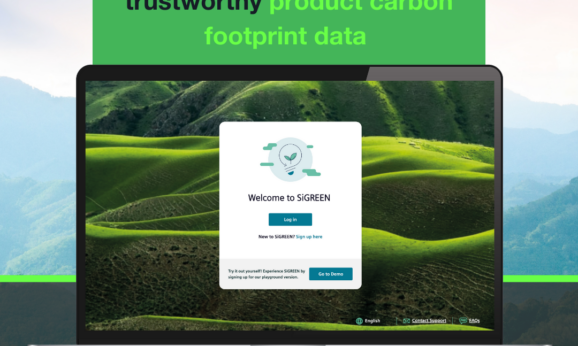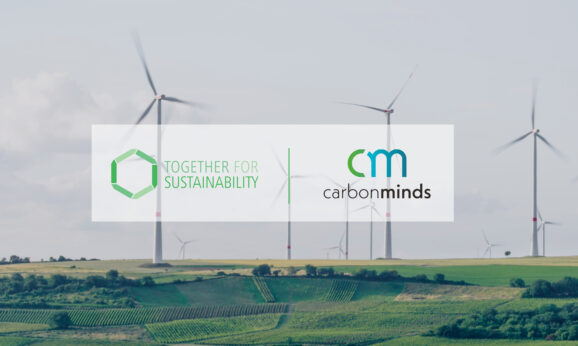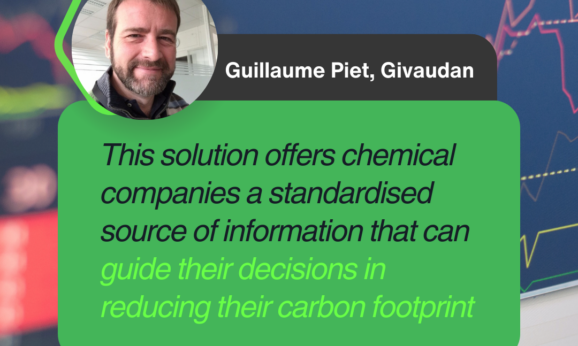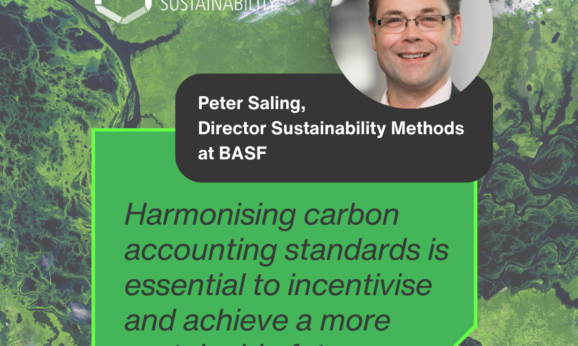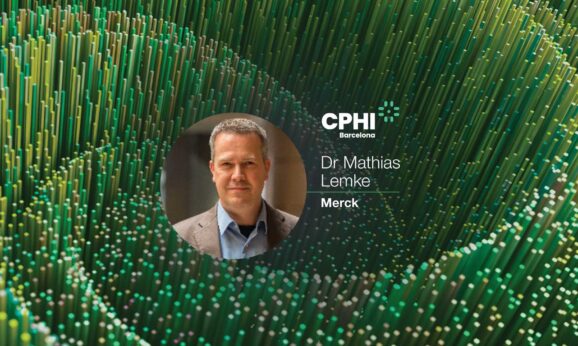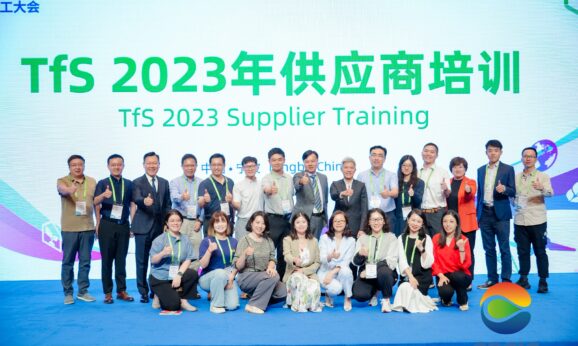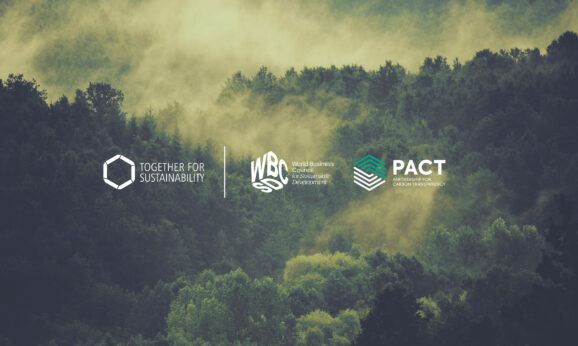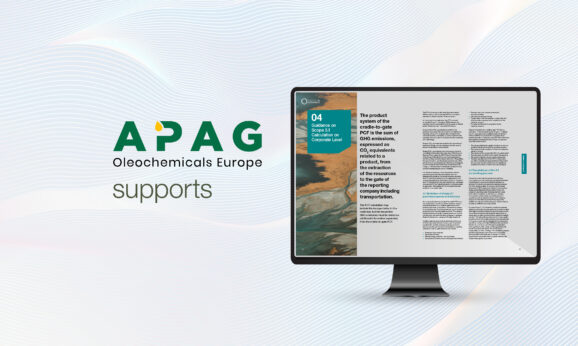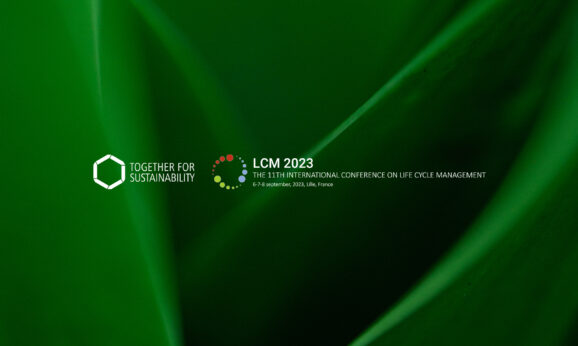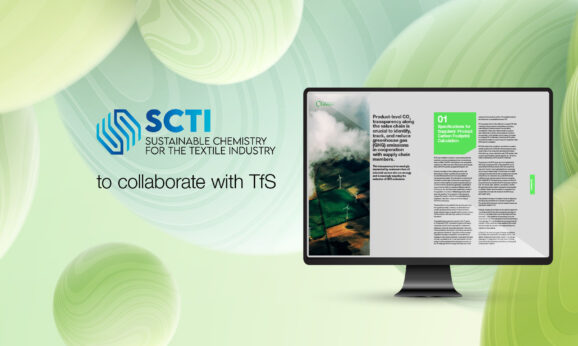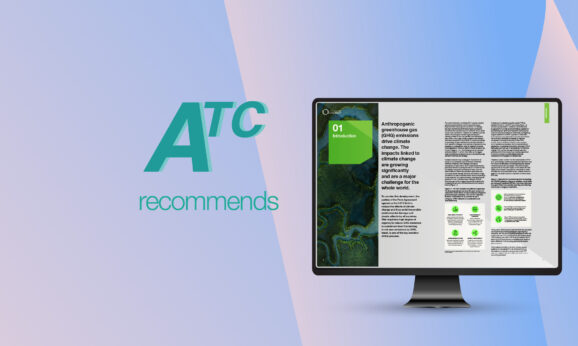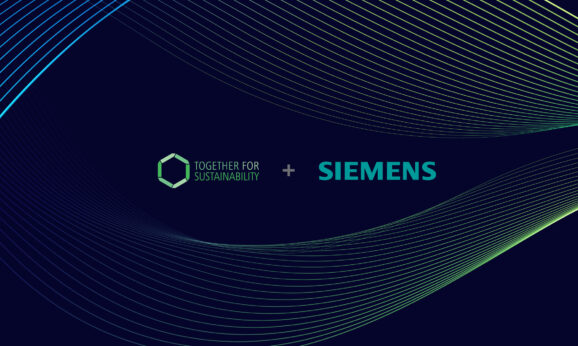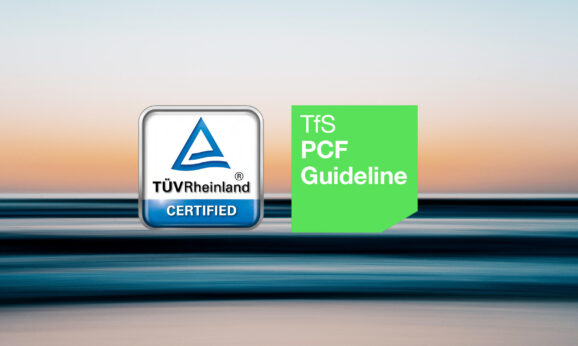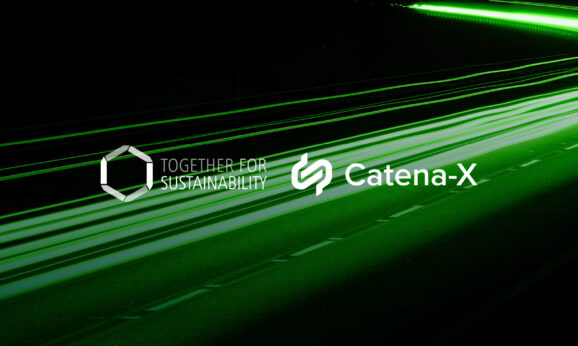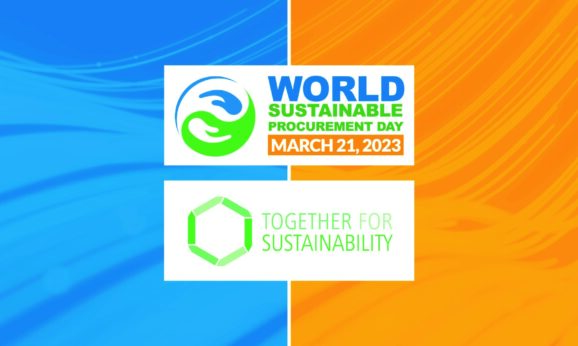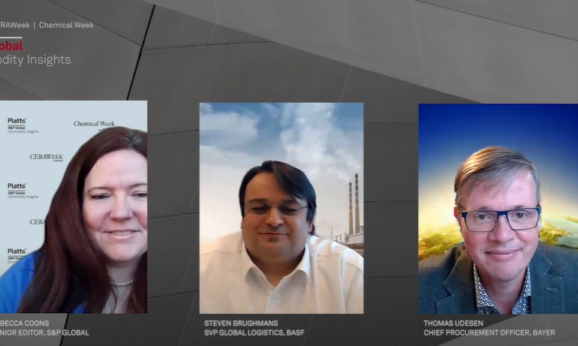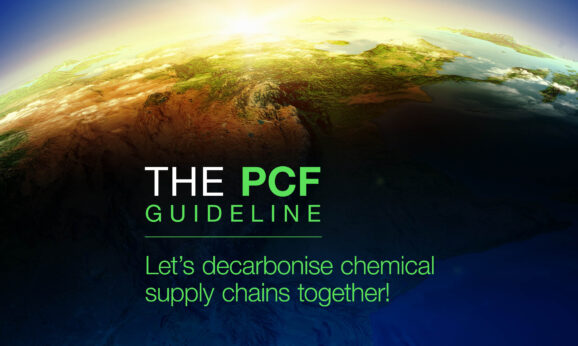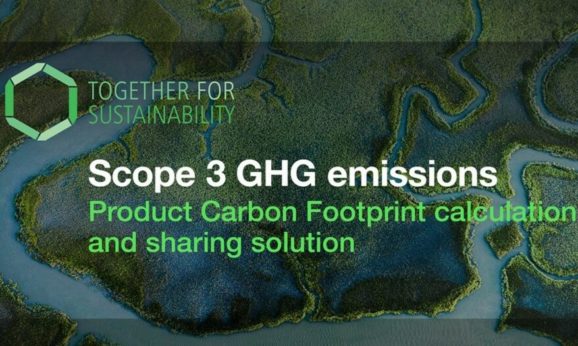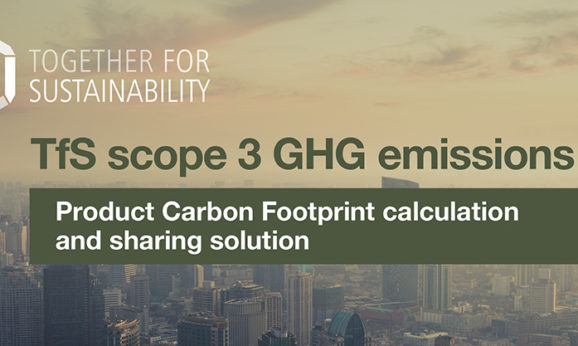Celebrating a banner year and preparing for future impact
We are very much looking forward to another year of success in the TfS scope 3 programme as we continue our work on the PCF Guideline, the future IT sharing solution, preparation of the entire supply chain for decarbonisation and cooperation with external partners.

With the launch of the full Product Carbon Footprint (PCF) Guideline in November 2022, Together for Sustainability (TfS) completed one of our most impactful projects to date. Now at the start of 2023, I’d like to take a moment to reflect on what has been a banner year for TfS, during which our workstream united collaborators from over 25 companies to tackle the chemical industry’s scope 3 challenge – and to look ahead at what we still hope to achieve.
Celebrating a landmark achievement
In 2022, teams of TfS experts closely collaborated in working groups that covered three areas:
1) Developing standardised methodologies for calculating PCF and scope 3.1
2) Uncovering data sharing and collection solutions for TfS members and suppliers
3) Engaging suppliers for decarbonisation
This work resulted in several key achievements that have the potential to transform the sustainability of chemicals and adjacent industries. First among these is the launch of the PFC Guideline itself. This was made possible by over 50 suppliers agreeing to pilot the Guideline. With their feedback, we were able to publish Chapter 5 for chemical suppliers in September 2022, and the full Guideline two months later.
To support the launch, we developed a large package of materials, including supplier engagement handbook for decarbonisation and e-learnings through the TfS Academy to help TfS members and their suppliers prepare for decarbonisation.
This was bolstered by strengthened engagement with our external partners and included an inspiring live event hosted in partnership with the WBCSD during COP 27, The Chemical Solution, which highlighted insights from TfS members involved in the creation of the Guideline, as well as the perspectives of companies who have used it. It was gratifying to learn during the event that some chemical suppliers have already started applying the Guideline.
Since the launch, we presented the Guideline to several global forums to raise awareness throughout the chemical industry, and we have received a lot of positive feedback. We’ve also implemented a contact form on the TfS website to enable interested parties to ask questions and share feedback for future adaptations of the Guideline.
I call the PCF Guideline a new guideline for the chemical industry, but the Guideline is applicable for all companies that use chemical materials. Positioned as a “drop-in” solution for PCF determination of chemical inputs, many downstream industries that make use of chemical materials have become aware of it.
As it caters to a fundamental need for standardisation, we have also had requests from numerous industry associations for introduction sessions or even detailed workshops since publication. Its applicability means that is has even led to collaboration with other initiatives during 2022, including the WBCSD PACT, which is an industry agnostic initiative focussing on PCF calculation and sharing, as well as Catena-X, an industry initiative for the automotive sector.
Looking ahead to greater impact
I am extremely pleased with the launch of the Guideline and the roll-out of supporting materials. We at TfS have an important opportunity to build on the positive momentum we have created as we head into the new year.
Looking ahead, we have already begun identifying an IT solution that will enable TfS members and their suppliers to exchange PCFs in a more streamlined way. Today, PCFs are shared via email within PDF documents. Our vision is to have an IT solution that enables the impactful exchange of this information in a more traceable and manageable way. The aim is to achieve higher levels of transparency on the product-level in order to drive decarbonisation. This offers our stakeholders a trusted environment where the PCF data shared has been properly validated and audited.
We will be working on a pilot for a future TfS IT solution during 2023, which we intend to roll out by the end of the year. The pilot will be driven by a selection of TfS members who are currently contributing to our work package on the IT solution.
Without a doubt, 2022 was a hugely successful year for TfS, but our work does not stop with the PCF Guideline. In fact it is only the beginning. We are very much looking forward to another year of success in the TfS scope 3 programme as we continue our work on the PCF Guideline, the future IT sharing solution, preparation of the entire supply chain for decarbonisation and cooperation with external partners.
By working together, and pooling our knowledge with members, partners and stakeholders, I believe we have lived up to our name and that by working together for sustainability, we can achieve great things with an impact that goes beyond our industry.
Author: Katherine Agapitos, Global Product Sustainability Manager at Sika and Chair of Together for Sustainability’s Workstream 5 on scope 3 GHG emissions.






